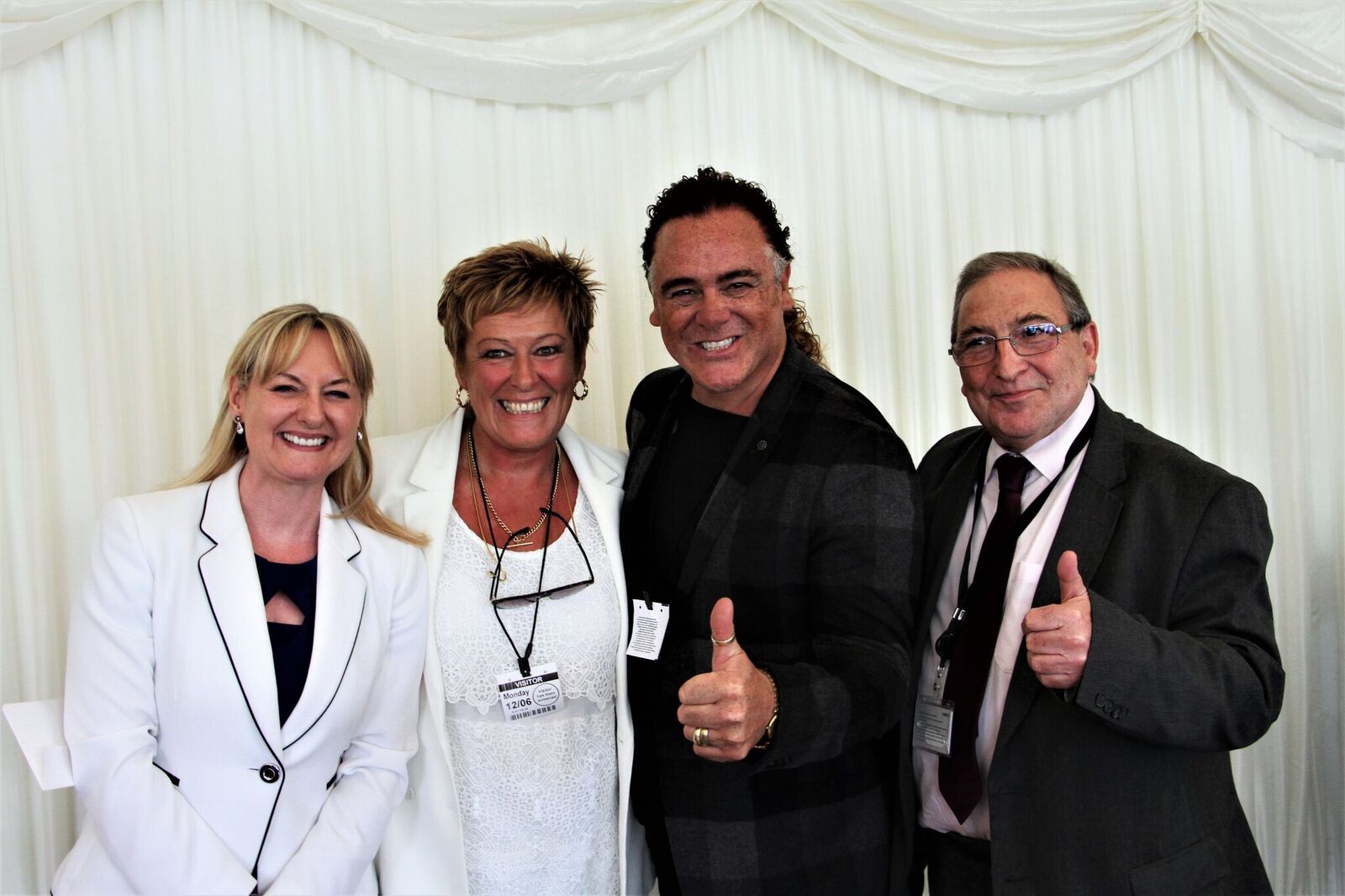VTCT and The Hair and Barber Council are gathering together leaders in the hair and beauty sector alongside the UK’s politicians to launch their Skills Foresight and the case for Mandatory Registration reports in Westminster this July.
Independent research was commissioned to provide insight into the current and future skills and workforce challenges across the sector. The objective of the research is to help shape the focus of qualifications development and training provision for individuals and organisations.
The report was commissioned by VTCT and endorsed by the Hair Council. Over 700 industry individuals contributed to the research, including employers, employees, training providers, suppliers, awarding organisations, trade associations, consumers, and government statutory authorities.
The case will be made to politicians that more needs to be done to recognise the value and diversity of the hair and beauty industry as a chosen career path. The hair and beauty industry contributes £7billion to the UK economy, employing 277,333 workers across 42,165 businesses.
Chief Executive of VTCT Alan Woods OBE said: “The hair and beauty industry is fighting hard to shed the label of being a default career route; the stereotypical image of a hairdresser, a barber, a beauty therapist is changing into a far more complex, multi-faceted mosaic.”
He went on to say, “This Skills Foresight report reflects that although the traditional talents of old remain, they are now augmented with a whole new array of skills. This report will help shape the future of hair and beauty, enabling politicians to get a better understanding of how legislation affects the industry.”
Chief Executive and Registrar of The Hair and Barber Council Keith Conniford said: “The results of these extensive survey’s, clearly state that the voice of industry and that of the consumer, is hugely concerned that the hair and barber industry has no form of professional status or recognition. Mandatory Registration is clearly identified by both sectors as the way forward, whilst giving the consumer confidence in the people carrying out their hair services.”
The key findings of the report were:
- Roles are becoming much more technical, requiring greater knowledge and skill, and salons are offering more holistic services which provide a whole new customer experience. Micro-needling and chemical peels are two examples of qualifications that reach degree level standard.
- There is demand for greater regulation to raise the standards of the industry, both via Government enforced methods such as the Skills Plan and the Apprenticeship Levy, but also through industry-led initiatives such as a mandatory register for hairdressers and barbers.
- Career routes into and through the sector are not confined to traditional job roles. New and interesting routes have been opened which include pathways into careers such as aesthetic nursing, non-surgical beauty technician, trichologist and a variety of roles supporting rehabilitation and palliative care, as well as dedicated film industry roles such as cosmetologists, and semi-permanent makeup artists.
The event will take place in the Houses of Parliament and will be hosted by John McNally MP who is a barber by trade and represents Falkirk.



